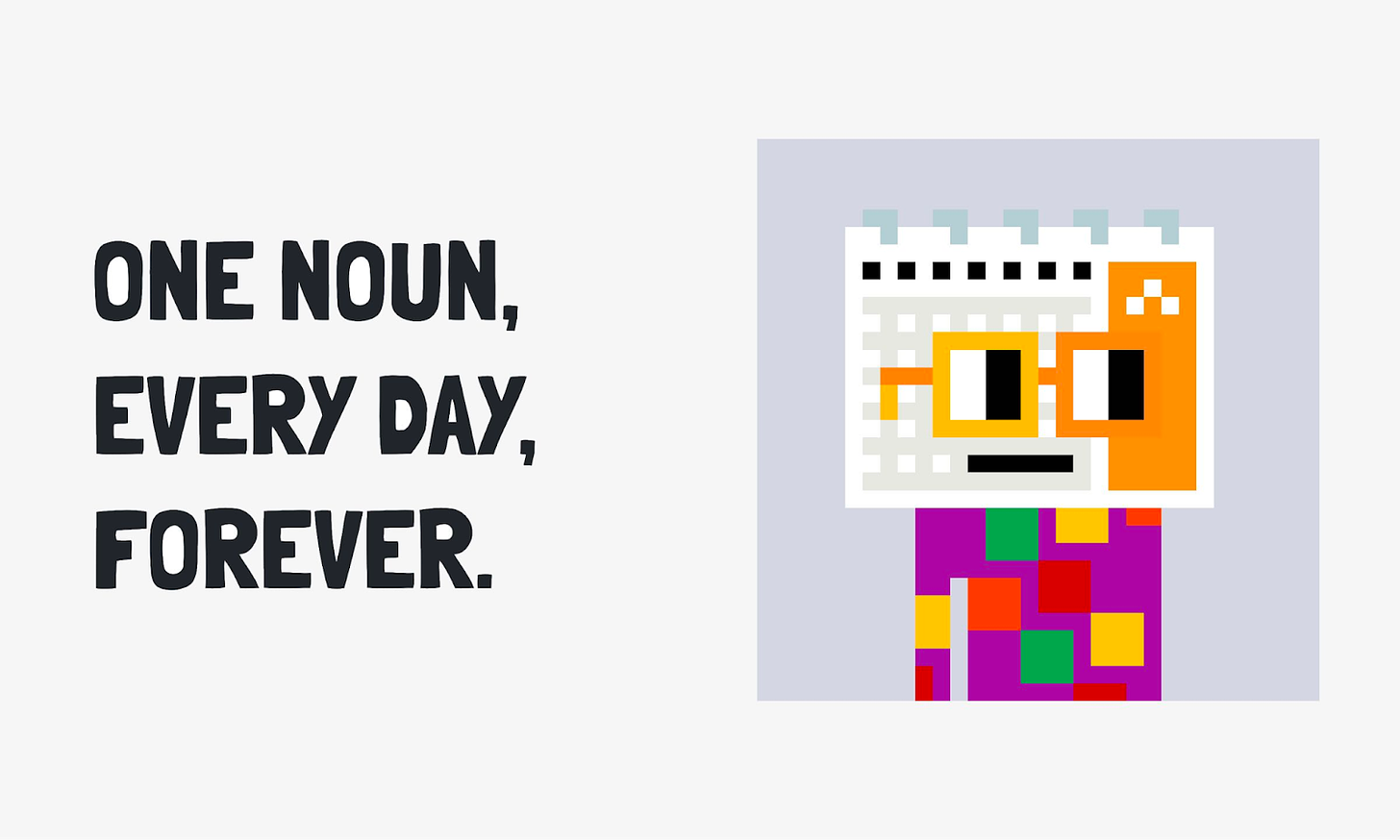Li Jin
Fans Are the New Creators
Web3 is blurring the line between audience and creator, and re-writing how fan labor is funded and rewarded
Note: The following is an expanded version of a Twitter thread originally posted on August 24, 2022.
One of the most significant trends in web3 is the re-imagining of fandom: the blurring of lines between fan and creator, between canon and “fanon,” and how fan labor is funded and rewarded.
This trend is best encapsulated by two major shifts:
- The divide between fans and creators is disappearing. Fans are exerting significant influence or even co-creating the original work (casting into question what “original” even means)
- Fans are employing new business models & funding sources to create derivative projects, where previously these had been nonexistent
The end result is an expansion of what creativity on the internet can look like, with greater access, financial upside, collaboration, and fulfillment.
From canon to “fanon”
The distinction between fan and creator is fading in relevance in web3. Fans are creating derivative works that become just as widely recognized as the original, or even creating work that becomes officially recognized as part of the canon. Inextricably tied to this, creators are recognizing that fans have value to add to the creative process, and making their works more permissive for derivative usage from the start (often opting for the CC0 or “no rights reserved” license). This aligns with one of my earlier threads on how the future of the creator economy is the community economy, wherein co-creation is driven and rewarded through shared ownership.
Some examples of this happening now:
Shibuya is an animated film that was funded through a sale of NFT Producer Passes. NFT holders get to vote on and influence the plot of each subsequent chapter of the film, earning tokens that represent a share in the final film. That tight coupling of fan feedback into the creative process erodes the distinction between fan vs. creator.
Another example is Jenkins the Valet, a Bored Ape NFT that was named and conceived of by its owner, Tally Labs. Jenkins’ entire persona can be thought of as an extended fanfic — but one that has become so prominent that it has been signed to CAA and is now the basis of entirely new worlds and roadmaps. Shared IP ownership has resulted in a single derivative work of BAYC sparking a new creative universe.
BAYC holders’ unlimited commercial rights to the NFTs they own was pivotal to the character being able — and having incentive — to create derivative works & achieve outsized success. It’s a significant shift from the legacy fanfic world, in which there was clear delineation between fanwork vs. original creator’s work, and where fan creations are largely viewed as unsanctioned (and sometimes unwelcome) splinters off the original.
Now, Tally Labs is working on a longer novel starring the extended Bored Ape universe, wherein Apes/Mutant Ape holders can submit the stories of their characters and influence the plot, receiving 50% of net profits from the book. A key to unlocking profit sharing is that NFT holders license their IP to Tally in order to appear in the book, literally binding the fan to the work.
Also on their roadmap is a metaverse project called Azurbala that will spawn an even broader set of characters. Even before the launch, community members are forging lore and characters inside of Azurbala, influencing the project’s official roadmap and story — an instance of fractalized fanfiction that collapses what it means to be the original creator vs. fan.
New business models for fan creation
Fanworks have historically been in a legal gray area with respect to monetization due to copyright law. Since they’re using content and characters from copyrighted works, most fanfic creators have been relegated to hobbyists creating without a business model. Various initiatives have attempted to address this — like Amazon’s Kindle Worlds — but come with their own limitations.
In web3 creative projects, underlying ownership of tokens gives fans a built-in business model and incentivizes derivative creation. In contrast to web2 fans doing work for free, in web3, fan-owners have exposure to the success of their labor through tokens: as the digitally scarce thing they hold becomes more well-known, its value increases. By propagating Jenkins the Valet through additional media projects, the price of the Jenkins NFT (and other NFTs in the BAYC universe) grows, allowing both fans and original creators to capture value.
We’re also seeing this play out in the broader social token space & other NFT categories like music, where ownership of tokens incentivizes fans to go from passive consumers to active participants and evangelists because they have skin in the game for the work to succeed.
Cultivating shared upside
On the fan funding side, projects with treasuries can fund fanworks to further catalyze growth of its IP. Nouns’ 27K ETH treasury (over $45m), built up through the sale of 400+ NFTs in a little over a year, is essentially a Nouns-focused fund, dedicated to projects that propagate the universe of Nouns-related IP.
This is akin to if J. K. Rowling were to take some of her earnings to fund fanfiction authors that were using her characters — unheard of in the traditional media world. The theory is that underlying scarcity of the original collection of NFTs can allow it to capture value with growing recognition and popularity of their character universe.
In summary, new web3 creative projects are inverting the media creation model: communities of owners are forming around nascent creations, writing their own stories into existence with skin in the game, and distributing them to communities with shared upside, then to broader audiences. Fans become creators, and their own fans become creators, too, resulting in a prismatic assemblage of creation, all powered by a native business model and new funding mechanisms. The end result, hopefully, being the democratization of storytelling and creativity for everyone.



